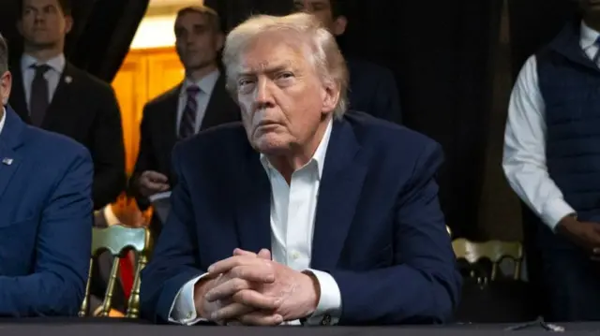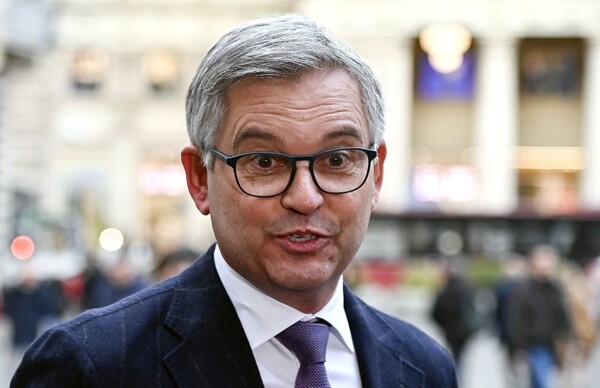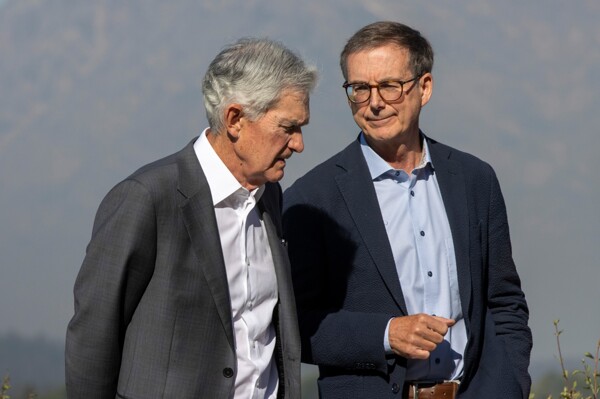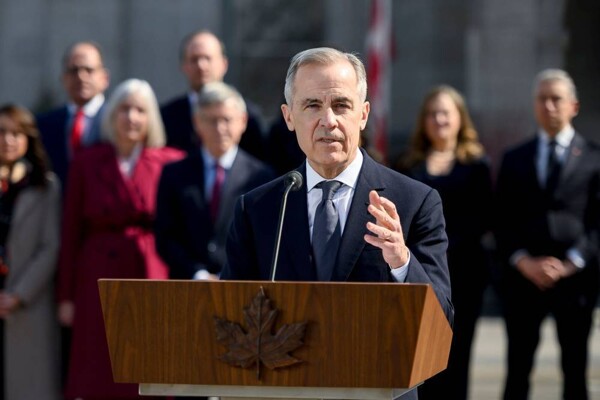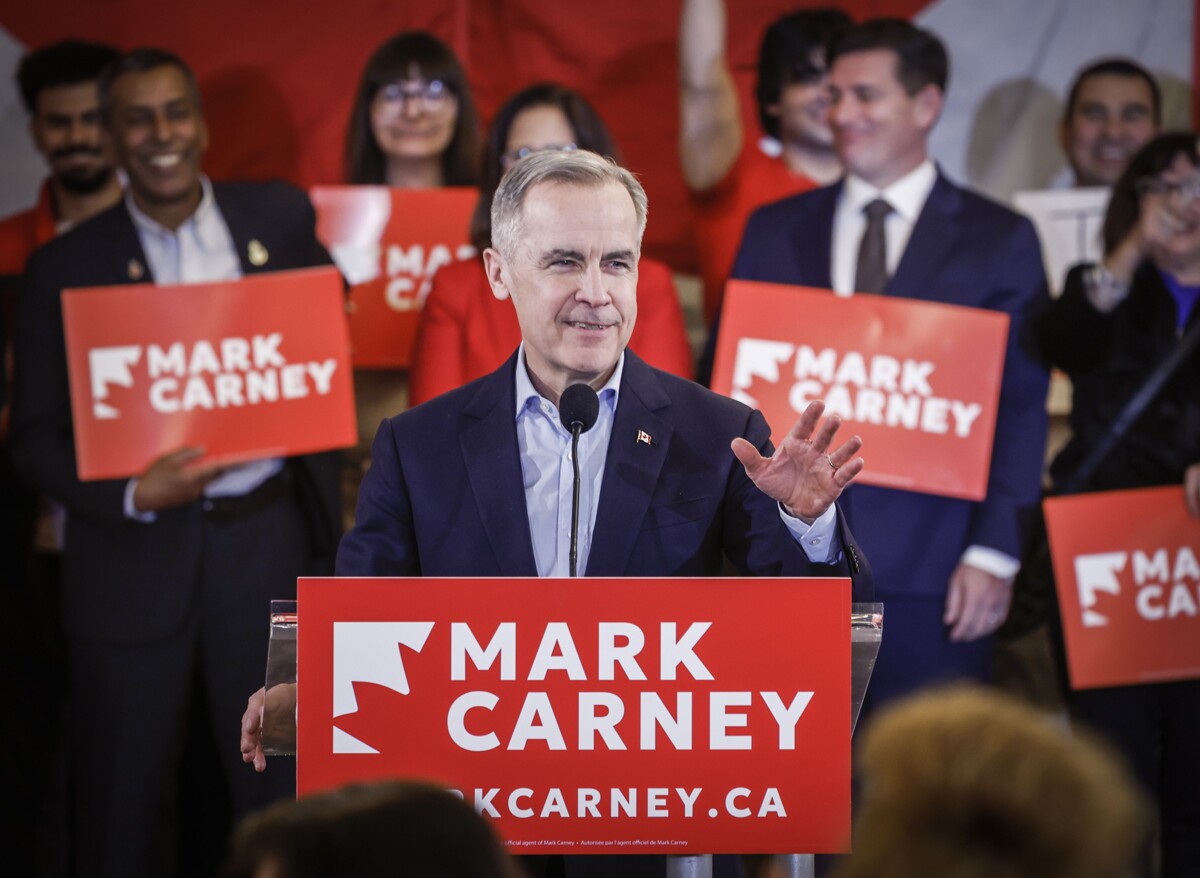
Mark Carney has won the contest to become the next Prime Minister of Canada, placing the former central banker in charge of the country at a crucial moment. Carney, who resigned from his previous positions to run for leadership, has promised to find new markets for Canadian exports and reduce internal trade barriers. He also plans to discard the Liberal plans to increase the capital gains tax and eliminate the carbon tax for consumers, among other economic measures.
The country must hold elections before October, and although the Liberal Party's position in Parliament is precarious, Carney's candidacy has improved its standing in the polls. Everything indicates that the power transfer from Justin Trudeau to Carney will occur in the coming days. Carney takes office at a time when the White House in the United States is generating chaos in the global economy with fluctuating announcements about tariffs, which directly affect Canada.
Trump's threats to impose significant tariffs on Canadian products have sparked patriotic fury in Canada and led consumers to boycott American products. Trump has expressed his desire to use "economic force" to pressure Canada on trade issues. In light of this situation, Trudeau has warned that Trump's threats against Canadian sovereignty are serious and must be taken with caution.
Although Carney has been criticized for his lack of political experience and possible conflicts of interest in the past have been pointed out, his victory in the contest positions him as the next leader of the country. His crisis management in the financial sector is highlighted, giving him some credibility at a time of economic uncertainty. With new ideas and proposals, Carney aims to guide Canada towards a more prosperous and stable future.











